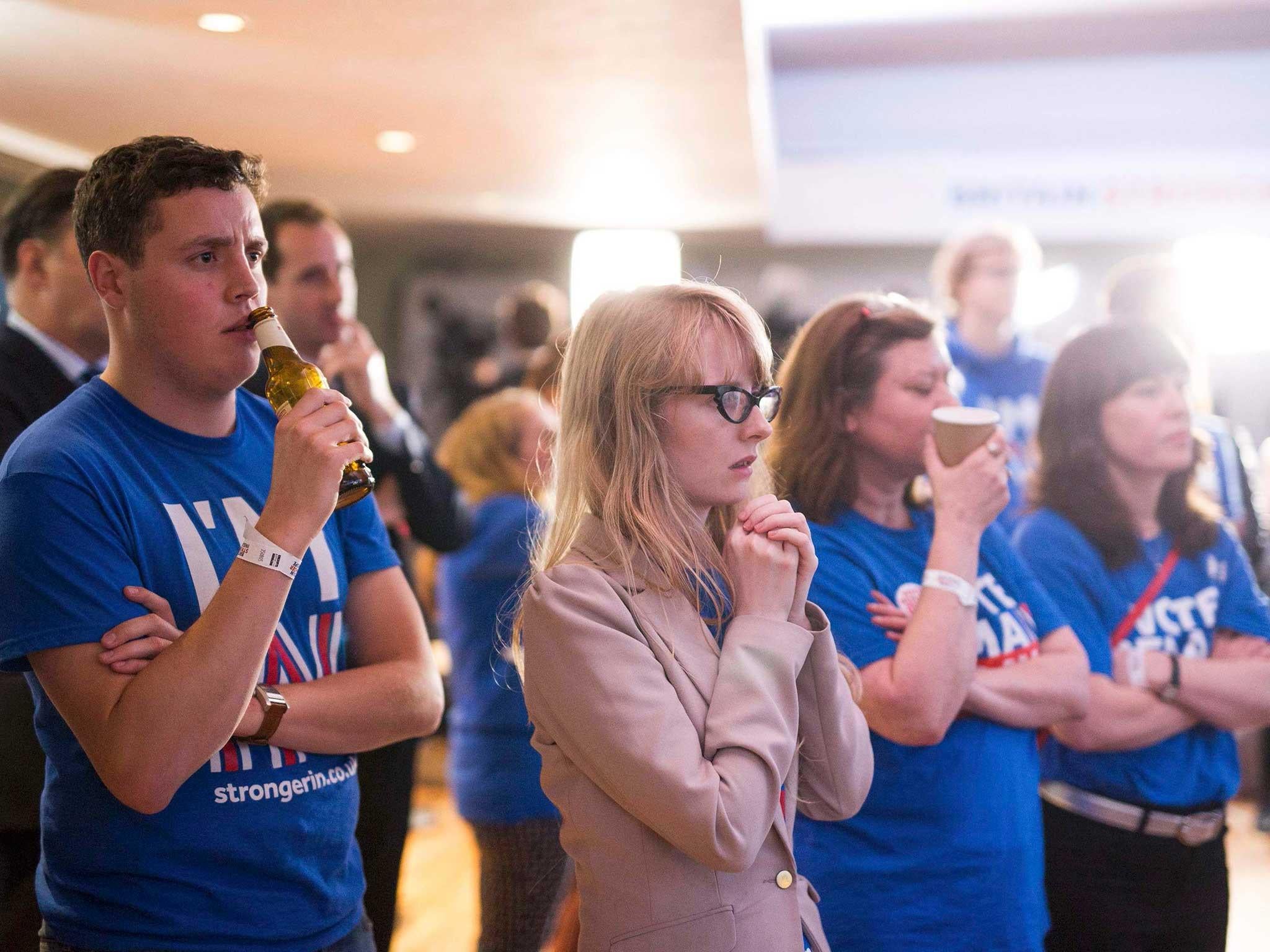Could we really get a second EU referendum, and how would it work?
Over three million people are calling for a second chance at the EU referendum - could it happen?

On Friday, it was announced that the UK would be leaving the European Union, following a referendum in which around 4 per cent more British people voted Leave than voted Remain.
But 48 per cent of the British public – more than 16 million people – voted to for the UK to remain in the EU.
Outrage from the Remain camp has led to the launch of a petition, which has been signed by over three million people, calling for a second referendum to take place. This time, the petition calls for the Government to put a rule in place that “if the Remain or Leave vote is less than 60 per cent based on a turnout less than 75 per cent there should be another referendum”.
But could a second referendum actually happen?

The short answer is yes. Second referendums have been held before in other countries, and they have produced different results to the first.
In fact, Nigel Farage told The Mirror in May that in the event of a 52-48 result, he would want a second referendum. Quite astonishingly, Mr Farage predicted the referendum result almost exactly – only he (of course) meant a 52 per cent vote for Remain, rather than Leave.
A second referendum would not be impossible. It is highly unlikely, however, that a second referendum can be held straight away. For a second referendum to be held, circumstances must have changed in some sort of significant way.
Lawyer and tax specialist Jolyon Maugham QC, writing for his blog WaitingForTax, has proposed two potential ways in which circumstances could change to the point where a second referendum is likely.
The first would be for a general election to take place, and it would have to happen soon. This would require a motion to pass in the House of Commons with a two-thirds majority – rather a long shot, considering that more than half of MPs are members of the Conservative Party.
If this did happen, one party would have to explicitly stand on a Remain platform. And, of course, that party would need to be the one that wins. This would be cause for a second referendum.
As Mr Maugham says: “The electorate would have spoken such that the result of the referendum would be superseded.”
One might think that a second general election, in which a party runs explicitly on a Remain platform and wins, is somewhat unlikely – but there is another route to a second referendum.
The second route proposed by Mr Maugham is what he calls the ‘Say no for a better yes’ strategy.
In other words, the UK would be using their ‘No’ vote to essentially bribe the EU into offering us a ‘better deal’ in the event that we decide to stay.
These improved terms must be good enough for the current Government to want to hold a second referendum, or for the public to be motivated to put enough pressure on the Government to hold one.
If the EU itself decided it was in their interests to try and win the UK back, for example to prevent damage to the stock market, or if Brexit caused other EU member states to begin demanding their own referendums, this might be incentive for the EU to put pressure on the UK Government to hold a second referendum.
The easiest way to do this would most likely be to, as Mr Maugham says, “dangle concessions directly in front of the UK public” – to convince them that they absolutely must find a way to convince the Government to hold a second referendum.
The likely result of a hypothetical second referendum remains unknown, though historically, second referendums have been known to produce different outcomes.
Some of those who voted to leave the EU are expressing ‘Bregret’, and are also calling for a second referendum, claiming that, given a second chance, they would vote to remain.
Join our commenting forum
Join thought-provoking conversations, follow other Independent readers and see their replies
Comments
Bookmark popover
Removed from bookmarks